Existing CSP Client: (919) 424-2060
SALES: (919) 420-3231
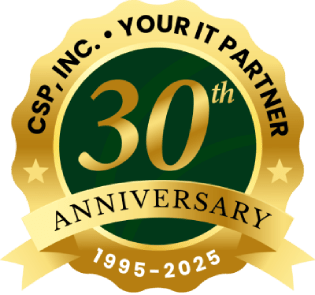
Every year, the list of most common passwords makes its way around the internet, and every year, it’s just as concerning. People are still using “123456” and “password” like it’s 1999. Meanwhile, cybercriminals don’t need cutting-edge hacking tools when people hand them the keys.
Research shows that 40% of passwords used by corporate employees are identical to those used by everyday internet users. In other words, the same week, overused passwords that people rely on for social media and shopping accounts are also protecting company data. That’s like locking the front door but leaving the windows wide open.
MSPs can only do so much to help protect businesses from cyberattacks. Employees play a major role in cybersecurity, and password security is often overlooked.
This is why National Password Day (May 2) exists—to remind everyone that strong passwords aren’t optional. One weak password can open the door to data breaches, financial losses, and plenty of headaches.
So, in honor of National Password Day, let’s talk about what makes a strong password, why password managers should be a standard business tool, and how companies can tighten security across the board.
Most people assume their passwords are “good enough.” They aren’t. A secure password needs to be long, unpredictable, and unique. Here’s what that actually means:
For businesses, these rules need to be more than guidelines. They should be enforced company-wide. Employees won’t take security seriously if the company doesn’t, either.
Another important aspect of password security is regularly changing passwords. This helps to prevent unauthorized access to accounts and systems, as well as mitigating the risk of compromised credentials.
It is recommended to change passwords every 3-6 months or whenever there is suspicion of a breach. This includes both work-related accounts AND personal accounts such as email, company devices, and online tools used for work.
Security questions are often used as an additional layer of security for password recovery. However, these questions can be easily guessed or found through social media and other online sources.
To increase the security of your accounts, choose unique and difficult answers to security questions. Avoid using common information such as your mother’s maiden name or your pet’s name. If your friends could easily guess the answer, it is not secure enough.
Sharing passwords with others, even close family or friends, is never a good idea. Not only does this compromise the security of your account, but it also puts trust in someone else to keep your information safe. If that person’s device or account is hacked, your password could potentially be exposed as well.
People are bad at passwords. They make them too simple, reuse them across sites, or forget them altogether. That’s why password managers exist—to eliminate the guesswork.
A password manager generates, stores, and auto-fills complex passwords so users don’t have to remember anything beyond a single master password. For businesses, this means employees aren’t using sticky notes, spreadsheets, or whatever their go-to easy-to-remember phrase is.
But convenience isn’t the only selling point. Password managers also:
The biggest reason people resist using a password manager is that they think it’s complicated. But resetting a dozen hacked accounts after a breach is a lot more complicated.
Hackers don’t need sophisticated tactics when weak passwords do the work for them. And businesses that assume they’re too small to be targeted are playing a dangerous game. A single compromised password can lead to data breaches, financial loss, and reputational damage.
National Password Day is a reminder that strong security isn’t just about individual habits — it’s about company-wide policies that prevent problems before they happen. Businesses that take passwords seriously don’t just avoid breaches; they build a culture where security is part of the foundation.
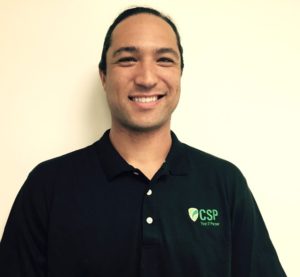
Always at your service to provide the highest level of quality support to our customers.

Anthony Firth Client Engineer
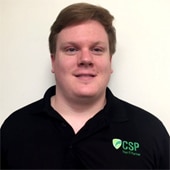
“I’m passionate about building and fostering relationships, and finding solutions for success.”

Michael Koenig Client Account Manager

“I help clients stabilize and grow their IT infrastructure so they can focus on growing their core business.”

Josh Wilshire Systems Engineer Team Lead
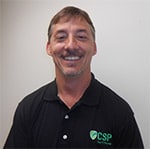
“I strive to provide the highest level of quality service to our customers.”

Tommy Williams Sr. Hardware Engineer

“I’m driven by the steadfast belief that technology must serve as a business enabler. This mantra has driven 21
Years of successful partnerships.”

Stephen Riddick VP Sales & Marketing
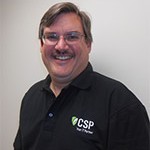
“CSP doesn’t succeed unless your company succeeds.”

Stephen Allen Inventory Manager
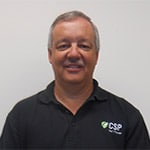
“Through my intuition and genuine concern to help others I have built long-lasting relationships with our customers, co-workers and business partners.”

Scott Forbes VP Support Services
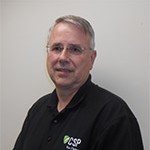
“Every day, I work with clients to help plan the future of their businesses.”

Michael Bowman vCIO
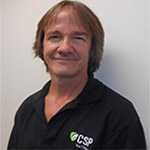
“Your IT problems become our IT solutions.”

Mark McLemore Project Engineer
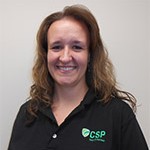
“Managing internal and external operations to ensure that CSP provides quality and reliable customer service .”

Margie Figueroa Business Manager
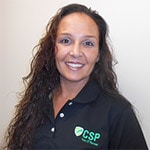
“Providing quality internal and externals financial support to our customers and accounting support to CSP.”

Katie Steiglitz Accounting Administrator
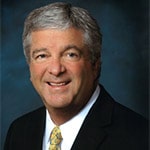
“Some call me the CEO. I call myself the Cheerleader for an awesome team!”

William B. Riddick Founder & CEO
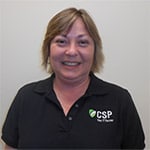
“CSP is here to assist you with your IT needs.”

Beth Wylie Inside Sales Manager




On What Questions You Need To Ask Before Signing Any Agreement.
"*" indicates required fields

Raleigh IT Support Company and IT Services Provider | CSP Inc.
1310 Nowell Rd,
Raleigh, NC 27607
Existing CSP Client: (919) 424-2060
SALES: (919) 420-3231
Receive email updates and informative marketing materials by subscribing to our newsletter.
"*" indicates required fields